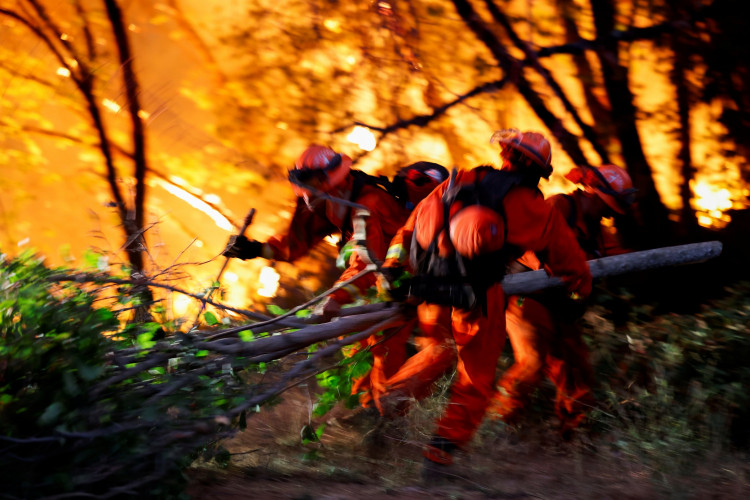Researchers said on Wednesday (Feb. 1) that businesses and consumers remain the key barriers preventing the emissions reductions required to maintain global warming to the 1.5 degree Celsius limit. They added that "positive signs" in other sectors are still insufficient to achieve climate targets.
Staying under the 1.5 degree Celsius objective was "not plausible" according to the analysis by a diverse team of researchers, although this could change if civilizations increased their efforts to reduce emissions.
The Hamburg Climate Futures Outlook report evaluated the likelihood of achieving the emission reductions required to keep temperatures within the parameters of the Paris Agreement. Nations committed to keeping global warming far below 2 degrees Celsius since pre-industrial times, ideally 1.5 degrees Celsius, as part of the 2015 agreement.
"We see all kinds of positive signs, for example, the political protests, divestment decisions, climate litigation cases, transnational initiatives, this is all on the rise," Anita Engels, one of the study authors said. "So you could think that we are really on a good track."
Then she added: "We need to do so much more".
Researchers examined ten social components they believed to be the most significant contributors to decarbonization and concluded that none of them are currently operating at a level that would result in the significant emissions cuts required by 2050.
The authors discovered seven social movements, including United Nations climate governance, regulation, litigation, and divestment from fossil fuels, that were hesitantly going in the correct direction. One, the media, was thought to be "ambivalent."
Corporate responses and consumption trends, however, were the two moving in the wrong direction, according to the researchers, and "continue to undermine the pathways to decarbonization". The two are closely related, according to Engels.
Based on the report, it is still too early to determine how recent events, including Russia's invasion of Ukraine, may have affected the country. Six physical processes on the planet were also examined by researchers, ranging from concerns about a deforested Amazon rainforest turning into a savannah to the melting of ice glaciers.
These and other physical processes are significant, but according to Jochem Marotzke of the Max Planck Institute for Meteorology, "we're not on a slippery slope." He claimed that human agency would show to be the most important factor.
These and other physical processes are significant, but according to Jochem Marotzke of the Max Planck Institute for Meteorology, "we're not on a slippery slope." He claimed that human agency would show to be the most important factor.






